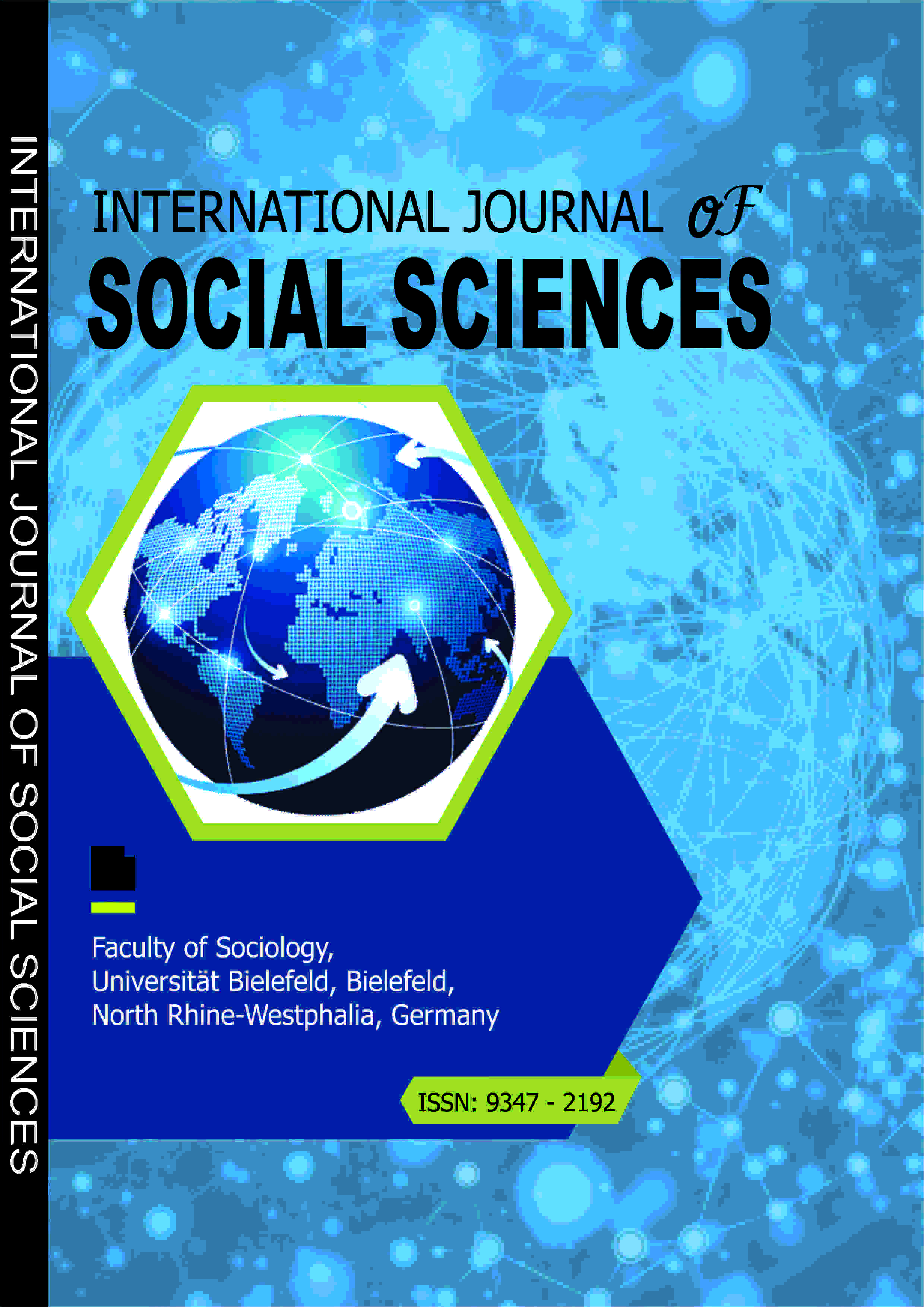INTERNATIONAL JOURNAL OF SOCIAL SCIENCES (IJSS)
The Pakistan's ISI Sacrifices: A Review of Contributions to Nation
E-ISSN: 7885-4322
P-ISSN: 9347-2192
DOI: https://iigdpublishers.com/article/143
The Inter-Services Intelligence (ISI) of Pakistan occupies a central position in the nation's security architecture, recognized for its multifaceted contributions and sacrifices in safeguarding Pakistan's national interests. This abstract encapsulates a comprehensive review of the ISI's pivotal role, analyzing its historical significance, counterterrorism efforts, regional intelligence gathering, challenges faced, and the complex landscape within which it operates. Established in 1948, the ISI has evolved into a formidable intelligence agency, navigating diverse challenges and pivotal historical moments. Its involvement in the Afghan-Soviet War and subsequent covert operations during the 1980s shapes its legacy, interweaving sacrifices with strategic decisions that have impacted regional dynamics. The post- 9/11 era marked a pivotal juncture for Pakistan's security landscape, as extremism and terrorism surged. The ISI emerged as a linchpin in counterterrorism efforts, undertaking risky operations against militant groups, disrupting their networks, and thwarting potential threats. This review acknowledges the sacrifices of ISI operatives who operated under perilous conditions to secure the nation. Beyond Pakistan's borders, the ISI's role extends into regional intelligence gathering, influencing strategic policies concerning India, Afghanistan, and broader geopolitical shifts. Its insights and engagements within the region have been integral to Pakistan's security and diplomatic endeavors. However, the ISI operates within a complex milieu characterized by challenges and controversies. Accusations of human rights violations, alleged support for proxy groups, and internal and external pressures underscore the difficult terrain in which the agency operates. Balancing security imperatives with transparency and accountability remains an ongoing challenge. In conclusion, this review acknowledges the pivotal role and sacrifices of Pakistan's ISI in safeguarding national security. It emphasizes the agency's contributions in counterterrorism, intelligence gathering, and regional diplomacy. Nonetheless, it calls for a nuanced approach to address challenges, advocating for greater transparency and accountability to uphold ethical standards while navigating the intricate landscape of national security.
Humaira Khatoon
Hussain, A. (2013). Frontline Pakistan: The struggle with militant Islam.
Oxford University Press. Fair, C. C. (2014).Fighting to the End: The Pakistan Army's Way of War. Oxford University Press.
Coll, S. (2019). Directorate S: The C.I.A. and America's secret wars in Afghanistan and Pakistan. Penguin Books.
Rashid, A. (2008). Descent into Chaos: The United States and the Failure of Nation Building in Pakistan, Afghanistan, and Central Asia. Penguin Books.
Lieven, A. (2011). Pakistan: A hard country. Public Affairs. Mir, A. (2016).The True Face of Jihadis. Harper CollinsIndia.
